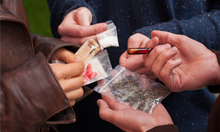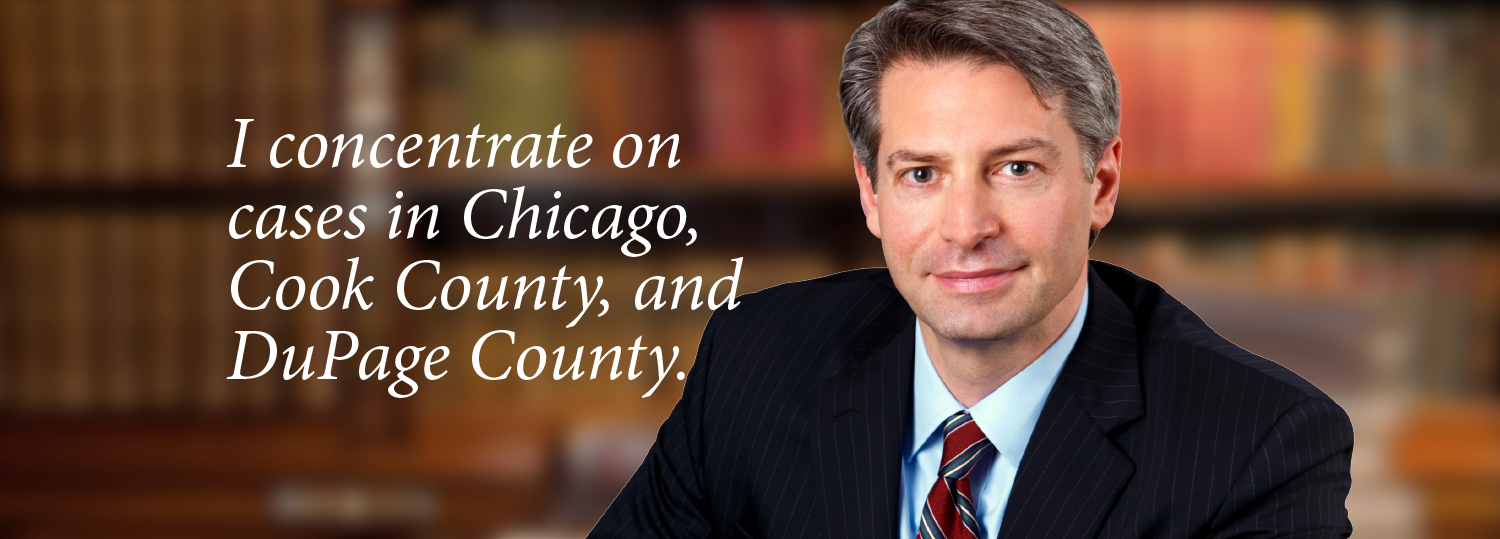Drug Possession
 The following are questions that are often asked about drug cases: How can you beat my drug case? What can be done to keep this drug case off my record? Can you keep me out of jail even though they found drugs on me, in my car or in my house?
The following are questions that are often asked about drug cases: How can you beat my drug case? What can be done to keep this drug case off my record? Can you keep me out of jail even though they found drugs on me, in my car or in my house?
Chicago Drug Possession Lawyer, Michael Levinsohn, has successfully won drug cases involving multiple kilos of cocaine and as small as under 2.5 grams of cannabis.
What is a Misdemeanor?
If you have been charged with under 30 grams of cannabis it is most likely a misdemeanor. With clients who are working or are in school and have not been in trouble before, often Michael Levinsohn can get them community service or drug education classes in exchange for dismissing the case. This is an excellent option because your record stays clean and the case becomes immediately eligible to be expunged.
What is a Felony?
If you are charged with more than 30 grams of cannabis, possession with intent to distribute drugs, any amount of cocaine, heroin, prescription medication, or any other controlled substance then you are charged with a felony. These cases first go to bond court and then to a preliminary hearing.
The preliminary hearing is the first chance to cross-examine a police officer in the case and try to get the case thrown out. If the judge finds probable cause or the case is indicted by a grand jury the case will be transferred to a felony courtroom. At that point, Chicago Drug Possession Lawyer, Michael Levinsohn, will receive an official copy of the charges and copies of all the police reports.
Michael Levinsohn can clear your record.
First, it is important to decipher whether or not the police properly obtained the drugs that you are being charged with. Second, were you in possession of the drugs? If the police did not properly obtain the drugs, Michael Levinsohn will file a motion to suppress evidence. In this motion, Levinsohn will prove to the judge that the police violated your 4th Amendment right against unreasonable search and seizure when they obtained the evidence. If the judge agrees, then the case is dismissed. If there is no motion to file, then the next course of action is to prove to the judge or jury that you did not have possession of the drugs. Possession is knowledge of the drugs and intent to control the drugs.
Each case is unique and requires the gathering of unique evidence that will prove your innocence. Michael Levinsohn will thoroughly examine each and every aspect of your case. No case is the same, but it is always a goal of Levinsohn & Associates to provide excellent legal representation to ensure little or no punishment.
If you have been wrongfully charged with the possession of drugs, contact Chicago Drug Possession Attorney, Michael Levinsohn, today.
